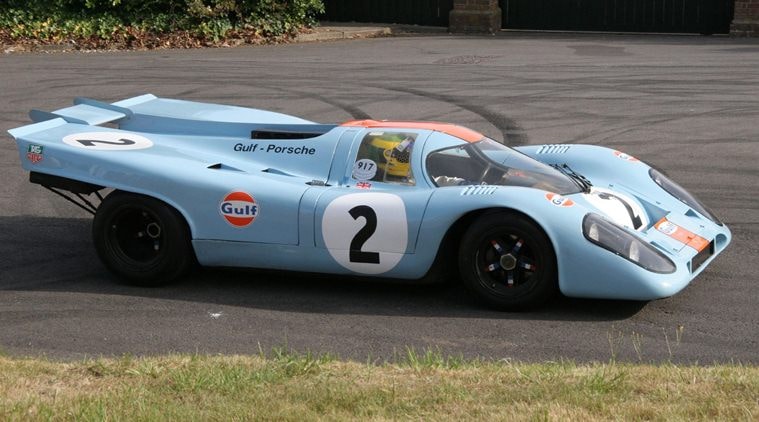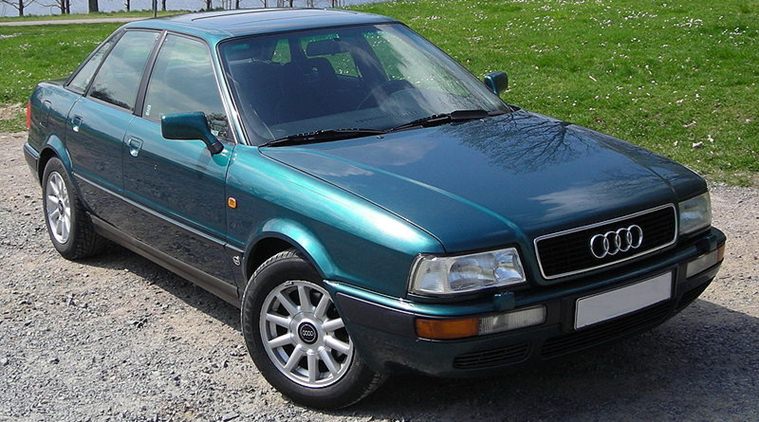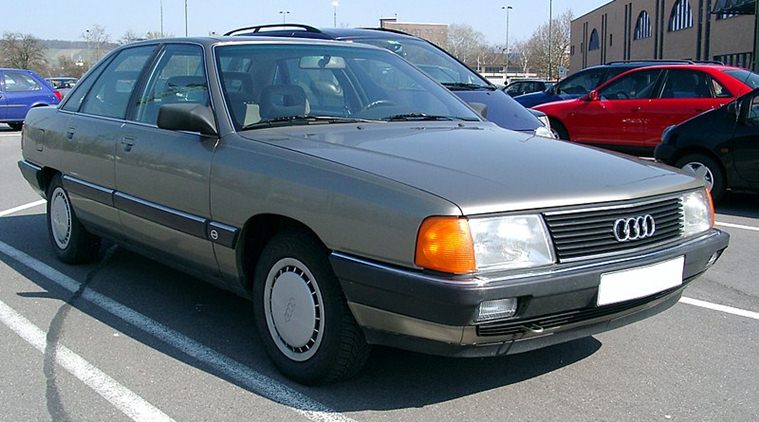Explained: Ferdinand Piëch — the man behind Volkswagen’s turnaround
In a career spanning over five decades, Piëch was known for making technological advancements in his cars a key priority, while at the same time maintaining a management style that many thought was ruthless and authoritarian.
 Piëch was in a dominating position at Volkswagen until 2015, when he left after a power struggle with his own protege and management successor Martin Winterkorn. (Reuters/File)
Piëch was in a dominating position at Volkswagen until 2015, when he left after a power struggle with his own protege and management successor Martin Winterkorn. (Reuters/File)
Ferdinand Piëch, the visionary engineer credited for the turnaround of German automaker Volkswagen in the 1990s, died at age 82 on Tuesday.
In a career spanning over five decades, Piëch was known for making technological advancements in his cars a key priority, while at the same time maintaining a management style that many thought was ruthless and authoritarian.
Who was Ferdinand Piëch, and what are his contributions to the auto industry?
Ferdinand Piëch was born in a famous Austrian family that had Nazi connections. His grandfather was Ferdinand Porsche, the person hired by dictator Adolf Hitler for designing a “people’s car”, which later took shape as the Volkswagen Beetle. The elder Ferdinand also found the luxury brand Porsche.
Piëch was passionate about manufacturing since childhood and studied engineering in Switzerland before joining Porsche in 1963.
At Porsche, father of the ‘917’
When Piëch joined Porsche’s engine testing department, the company was run by Ferry Porsche, his uncle. Here, Piëch was noticed for his innovation skills, and his first technical breakthrough was the racing car Porsche 917.
 The Porsche 917 was equipped with a six-cylinder boxer engine. (Source: Wikimedia Commons/ Brian Snelson)
The Porsche 917 was equipped with a six-cylinder boxer engine. (Source: Wikimedia Commons/ Brian Snelson)
The Porsche 917 was equipped with a six-cylinder boxer engine, considered a major advancement at the time, that helped the car achieve distinction at the 1970 and 1971 rounds of the Le Mans Grand Prix. Porsche’s sales also started growing from this point.
A bitter family feud within the Piëch-Porsche family forced Ferdinand Piëch out of the company in 1972.
Next stop, Audi and the ‘Quattro’ system
Piëch then joined Audi, another part of his family’s legacy, which at the time was only moderately successful.
 Audi 80 model (Source: Wikimedia Commons/Mikael Wall)
Audi 80 model (Source: Wikimedia Commons/Mikael Wall)
Here, Piëch developed the four-wheel drive system ‘Quattro’, which made Audi the pioneer in using an all-wheel drive in passenger cars. This, along with the introduction of TDI diesel engines and a branding makeover saw Audi’s fortunes change.
 Audi 100 model (Source: Wikimedia Commons/ Rudolf Stricker)
Audi 100 model (Source: Wikimedia Commons/ Rudolf Stricker)
The Audi 80 and 100 models were the important product launches of this period.
Turning around Volkswagen
In 1993, Piëch was brought to Volkswagen, where he was given the difficult task of reversing the downward spiral that the automobile giant was witnessing. Piëch tackled problems with his signature domineering approach. He began by slashing costs and expanding the product basket.
Volkswagen introduced new cars such as the Golf and the Passat, and launched a new version of the Beetle that earned it success in North America. Piëch also made audacious acquisitions of brands including the medium-range SEAT and Skoda, and luxury brands such as Bentley, Bugatti, and Lamborghini. Competition between engineers and designers within the Volkswagen group would bring about faster innovation, Piëch believed.
Piëch’s “modular strategy” called for including a set of common features for multiple car models, thus bringing down expenses considerably.
By 2014, Volkswagen was making profits of around USD 13 billion, and had emerged as a worldwide competitor to the Japanese manufacturer Toyota.
Volkswagen after Piëch
Piëch was in a dominating position at Volkswagen until 2015, when he left after a power struggle with his own protege and management successor Martin Winterkorn.
It was soon after Piëch’s departure that Volkswagen became embroiled in the ‘Dieselgate’ scandal, in which it was exposed that the company had been tampering with car technology to trick regulators.
The scam resulted in Volkswagen paying around USD 30 billion in penalties, compensations, and recalls. Although Piëch was not personally blamed, many believe that it was his unrelenting working style that laid the roots of the catastrophe.
- 01
- 02
- 03
- 04
- 05






































